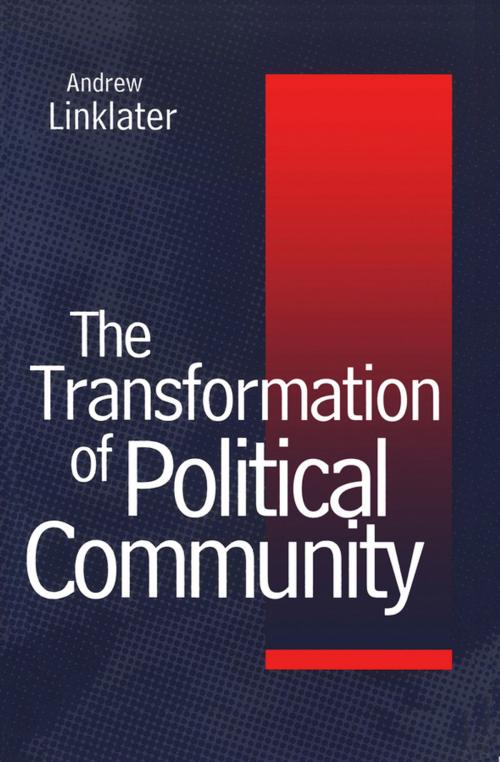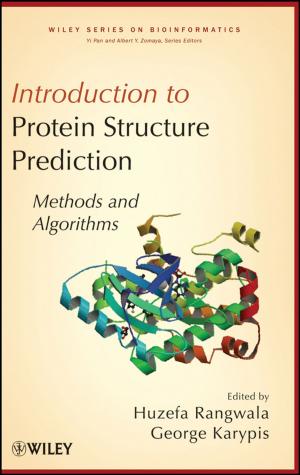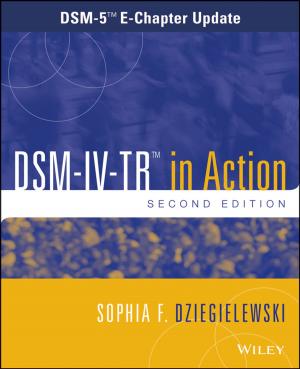Transformation of Political Community
Ethical Foundations of the Post-Westphalian Era
Nonfiction, Social & Cultural Studies, Political Science| Author: | Andrew Linklater | ISBN: | 9780745667553 |
| Publisher: | Wiley | Publication: | May 3, 2013 |
| Imprint: | Polity | Language: | English |
| Author: | Andrew Linklater |
| ISBN: | 9780745667553 |
| Publisher: | Wiley |
| Publication: | May 3, 2013 |
| Imprint: | Polity |
| Language: | English |
Sovereign nation states, which were formed in the context of major war, have been deeply exclusionary in their dealings with minority cultures and alien outsiders. In this book, Andrew Linklater claims that globalization, the pacification of core areas of the world economy and ethnic revolt challenge these traditional practices. As a result, new forms of political community and citizenship have become possible.
In an original synthesis of recent developments in social and political theory, The Transformation of Political Community argues for new forms of political community which are cosmopolitan, sensitive to cultural differences and committed to reducing material inequalities. The book provides a bold account of post-Westphalian societies and the ethical principles which should inform their external relations. Linklater argues for political communities in which human relations are governed by dialogue and consent rather than power and force.
The Transformation of Political Community will be of interest to students and academics in international relations, politics and sociology.
Sovereign nation states, which were formed in the context of major war, have been deeply exclusionary in their dealings with minority cultures and alien outsiders. In this book, Andrew Linklater claims that globalization, the pacification of core areas of the world economy and ethnic revolt challenge these traditional practices. As a result, new forms of political community and citizenship have become possible.
In an original synthesis of recent developments in social and political theory, The Transformation of Political Community argues for new forms of political community which are cosmopolitan, sensitive to cultural differences and committed to reducing material inequalities. The book provides a bold account of post-Westphalian societies and the ethical principles which should inform their external relations. Linklater argues for political communities in which human relations are governed by dialogue and consent rather than power and force.
The Transformation of Political Community will be of interest to students and academics in international relations, politics and sociology.















